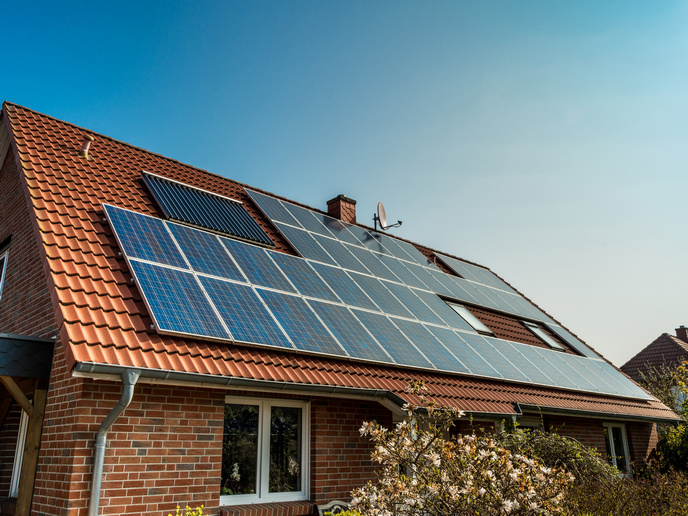Ensuring Europe’s green transition is also a just transition
Europe’s transition to a low-carbon society starts with consumers. “Technology alone will not be enough to achieve our goal of reducing carbon emissions – we need people to take an active role in changing how they live and consume,” explains Kirsten Gram-Hanssen(opens in new window), a professor at Aalborg University Copenhagen(opens in new window). To illustrate, Gram-Hanssen points to the need to adjust energy consumption to times of production. “This can be done by producing one’s own energy – either individually or via energy communities,” she says. “It can also be achieved using smart technology to give consumers information about energy production and to help control energy demand according to production.” However, there is a risk that the use of smart technology and price incentives could contribute to socio-economic and gender inequality. “When studying what drives the energy transition, we must look beyond the economy and technology and include the role ethical consumption plays in collectively changing norms of what is needed to live a good life,” adds Gram-Hanssen. Enter the EU-funded eCAPE(opens in new window) project.
Using theories of practice to understand energy consumption
Based on the promise that society is moving towards a 100 % renewable energy system and that practice theory is the most adequate approach to understanding consumers within such an energy system, the project set out to advance both theoretical and empirical social science research on these matters. “Since the turn of the century, theories of practice have helped us understand consumption from an environmental perspective by moving the focus from understanding individuals to understanding collective practices,” notes Gram-Hanssen, the project’s initiator and principal investigator. However, these theories fail to account for variations in the performance of practices, such as those involving gender aspects, ethical thinking or inequality.
How ethics, gender and vulnerability impact energy consumption
To help remedy these omissions, eCAPE, which received support from the European Research Council(opens in new window), integrated a large amount of empirical data on households and energy consumption into theories of practice. For example, researchers used register data on annual heating and electricity consumption to better understand patterns of energy time of use in relation to social class. The project also conducted interviews during Europe’s recent energy crisis to learn how different households were dealing with the drastic rise in energy prices and increasing concerns about energy security. “This unique combination of very different methods has led to new knowledge on how ethics, gender and vulnerability can impact energy consumption practices,” says Gram-Hanssen.
Active consumer engagement is a prerequisite to achieving the energy transition
The eCAPE project demonstrated not only that active consumer engagement is a prerequisite to the energy transition, but that such engagement must acknowledge inequalities and differences in practice. “The energy transition is not only about technical and infrastructural changes, it also impacts everyday life,” concludes Gram-Hanssen. “If not properly included in our planning, the transition could lead to new or enhanced injustices and inequalities.” Although the eCAPE project is finished, researchers continue to study the role ethics and sufficiency can play in ensuring that the green transition is also a just transition.



